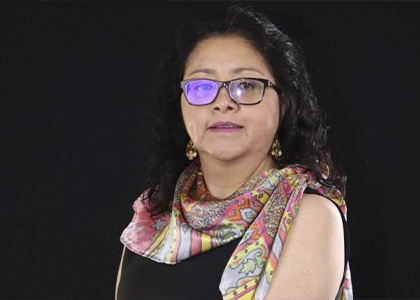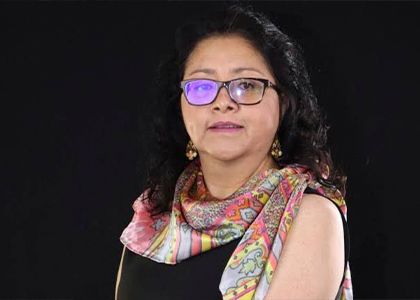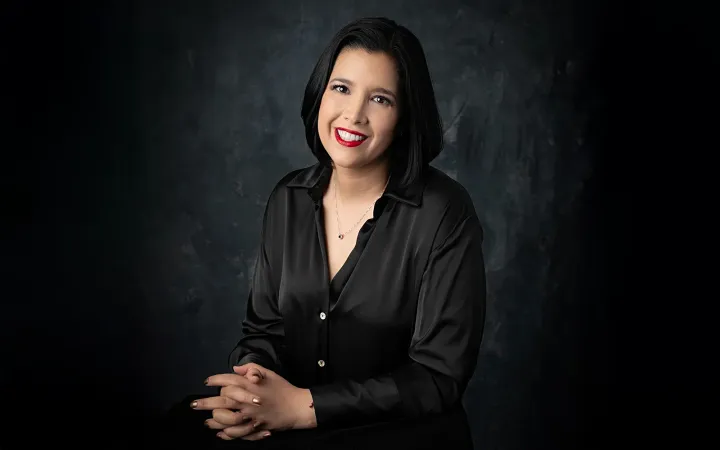Por Nurit Martínez, reportera de Investigación especializada en temas educativos desde hace dos décadas; escribe en la OEM/El Sol de México y es profesora en la UNAM.

La promesa de campaña de la Cuarta Transformación para lograr la gratuidad de la educación superior y ampliar las oportunidades educativas en México se convirtió en una papa caliente entre seis secretarios del gobierno del presidente Andrés Manuel López Obrador: tres de la Secretaría de Educación Pública y otros tres en Hacienda y Crédito Público.
Un documento técnico de la SEP que se presentó previo a la aprobación del presupuesto para 2023 ante Hacienda, y luego la exclusión del fondo emergente para iniciar el proceso de gratuidad, evidenciaron que nadie quiere hacerse responsable, financieramente, de esa promesa de campaña.
Pero no es lo único, la educación superior padece también el desdén del presidente Andrés Manuel López Obrador y pasa por incitar movimientos estudiantiles con fines políticos bajo el argumento de “democratizar las formas de gobierno” de las instituciones, dejando de lado los principios de autonomía.
Hace sólo una semana en su conferencia mañanera, el presidente volvió a insistir en que hay que democratizar lo más que se pueda las escuelas y aunque dijo que el gobierno Federal no se puede meter en ese tema por respeto a la autonomía “sí alienta el que haya movimientos al interior de las universidades que estaban muy sometidas, movimientos para que haya democracia, para que haya transparencia, que no haya corrupción, que no haya cacicazgos”.
Y ese discurso lo ha reiterado en al menos siete ocasiones en los últimos dos años en las que cuestionó la forma en que se elige al rector de la Universidad Nacional Autónoma de México (UNAM). Ello de forma muy adelantada al proceso que se realizará entre octubre y noviembre de este año, al concluir la gestión de Enrique Graue.
Pero más allá de las críticas relacionadas incluso con aquellas que participaron en los casos de corrupción en la Estafa Maestra, para López Obrador y la Cuarta Transformación las universidades del país no han sido foco de atención.
Eso lleva a que las acciones para hacer posible una verdadera reforma a la educación superior estén en el olvido. La reforma en ese nivel, a diferencia de la educación básica, se centra en la capacidad y disponibilidad presupuestal del Estado para enfrentar la precariedad laboral, atender el problema de los fondos de pensiones, invertir en la infraestructura deteriorada, construir más espacios para incrementar las oportunidades a todos y cancelar cualquier cobro de inscripción y de cuotas.
En agosto de 2018, el entonces presidente electo emergido del Movimiento de Regeneración Nacional, Andrés Manuel López Obrador, logró la atención de los jóvenes tras comprometer que todos aquellos que concluyan el bachillerato deben ingresar sin requisitos a las universidades y al hacerlo no deben pagar inscripciones y cuotas.
En el encuentro de septiembre de ese año, con el rector de la UNAM, Enrique Graue, ratificó su interés en esos dos temas, además de las denuncias de violencia a las mujeres.
Pero desde aquel momento, cuando visitó las instalaciones de la Asociación Nacional de Universidades e Instituciones de Educación Superior (ANUIES), hasta ahora no ha tenido un solo minuto en su día para reunirse con los rectores, menos aún con los universitarios para atender una agenda que se centra en la crisis de financiamiento de las instituciones.
A pesar de la reforma jurídica impulsada por su gobierno es hasta ahora sólo una reingeniería para definir responsables de procesos, pero no ha significado atender los temas centrales de financiamiento que impiden concretar la gratuidad prometida por un “olvido” o “desdén” presupuestal y tampoco se resolvió la crisis financiera de las instituciones.
El sueño de la izquierda de los años 70 se veía con posibilidades en la reforma constitucional de 2019: la universidad de masas, es decir, universal y gratuita, pero cinco años después se encuentra en stand by.
Durante este periodo ese compromiso ha quedado en medio de los enredos presupuestales y la maraña burocrática: peticiones van y vienen, reuniones sigilosas, oficios, estudios, proyecciones y no hay nada que haga atenderlos.
Mientras, cada año 300 mil jóvenes son rechazados de las instituciones públicas, según los cálculos de la propia SEP. El sistema tiene ese déficit de espacios por año y con ello se ven canceladas las aspiraciones de movilidad social de esa cantidad de mujeres y hombres. Aunque se sabe que algunos intentarán hasta en cinco ocasiones ingresar a la universidad, una proporción importante cancelarán sus esperanzas.
Cada año sólo hay lugar para integrar a 1.5 millones de jóvenes al nivel universitario y la matrícula total en ese nivel es de casi 5 millones. De ese tamaño es el reto presupuestal.
La austeridad republicana y luego la pobreza franciscana, impuestas desde Palacio Nacional, fueron sólo el prólogo de una crisis que se agravó por las consecuencias de la pandemia de Covid-19.
Hoy se prenden las alertas en poco más de 200 instituciones públicas que atienden a 80 por ciento de la matrícula nacional y en donde recaen las responsabilidades políticas del incumplimiento.
Los rectores de esas casas de estudio, como buenos actores políticos, muchos con aspiraciones a ocupar cargos de elección, han lanzado señales de preocupación y hasta de movilización porque no quieren llevar a cuestas el costo de esas promesas no cumplidas.
Hay quienes consideran que quizás es pronto para empezar a hablar de los incumplimientos del gobierno transformador, pero lo cierto es que en las proyecciones financieras hay más que evidencias, la prioridad es atender los proyectos presidenciales con inversiones millonarias: Tren Maya, Dos Bocas y hacer funcionar a como dé lugar el Aeropuerto Internacional Felipe Ángeles.
Las proyecciones financieras de la SEP señalan que por cada alumno que se suma al nivel universitario la Federación requiere 54 mil pesos.
Si este tema se hubiera atendido desde el primer año, habría costado no más de dos mil millones de pesos, lo cual era un pequeño pellizco a la inversión en los tres proyectos de infraestructura.
Para 2023 el costo estimado es de alrededor de diez mil millones de pesos, pero que no se asignaron de origen desde Hacienda a pesar de que en la SEP tratan de salvar el raspón político e insisten que ellos sí lo solicitaron.
Solo que en estos años los secretarios Esteban Moctezuma, luego Delfina Gómez y Leticia Ramírez ni siquiera tuvieron en el discurso, como prioridad, a la educación superior para hacer frente a lo que se fijó como objetivo para el 2024.
La tarea, heredada del interés del presidente López Obrador ha sido revertir una reforma educativa en los niveles básico y no lesionar la relación con el sector con el que tiene una alianza electoral: el magisterio en la educación básica.
Ahí está hoy la maestra Delfina Gómez al frente de la candidatura a la gubernatura en el estado de México, después de usar la dependencia como trampolín para fines morenistas orquestados desde Palacio Nacional, pero en alianza con el magisterio para acabar con el priismo de 80 años en la entidad mexiquense.
Dar acceso a todos los jóvenes al sistema universitario y hacerlo de forma gratuita requiere además de una inversión cuantiosa en infraestructura, equipamientos de laboratorios, talleres e internet, además de la contratación y capacitación de personal docente y de apoyo.
A todas luces dos años y presupuestos limitados hacen advertir que para cumplir la reforma en la educación superior requiere de una hazaña que hasta ahora no tiene referente en México.
Las opiniones expresadas son responsabilidad de sus autoras y son absolutamente independientes a la postura y línea editorial de Opinión 51.
Más de 150 opiniones a través de 100 columnistas te esperan por menos de un libro al mes. Suscríbete a Opinión 51.






Comments ()